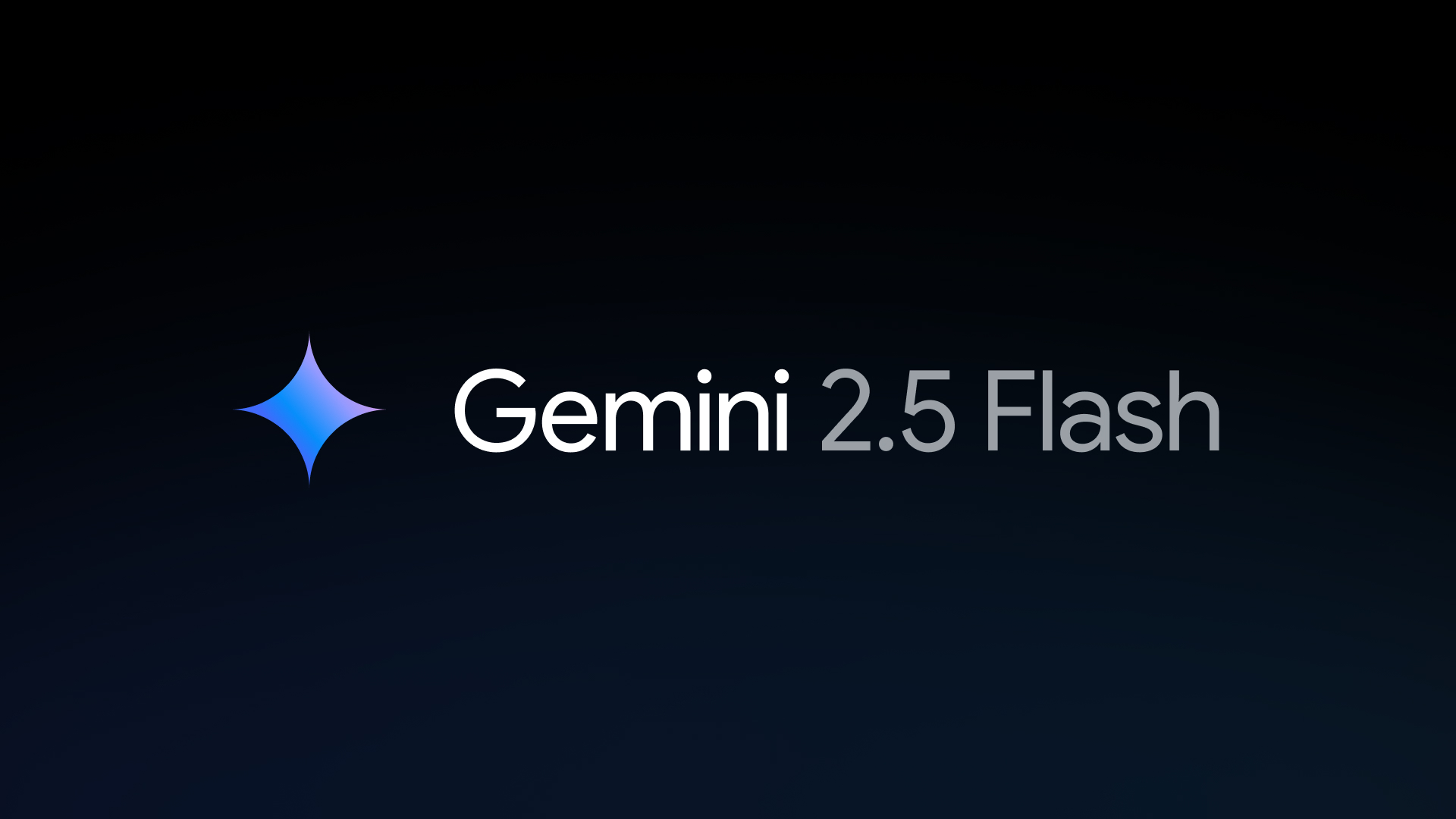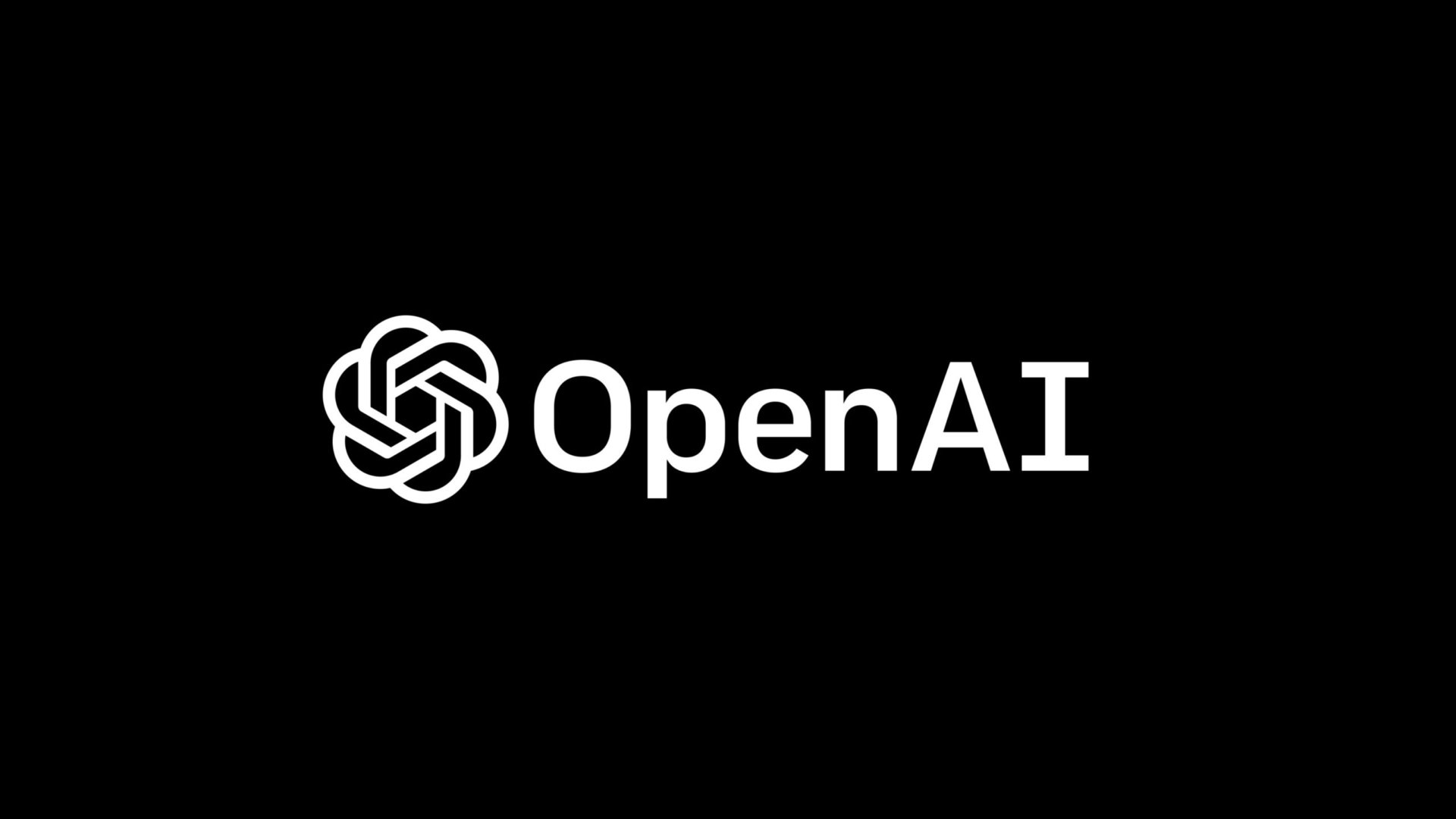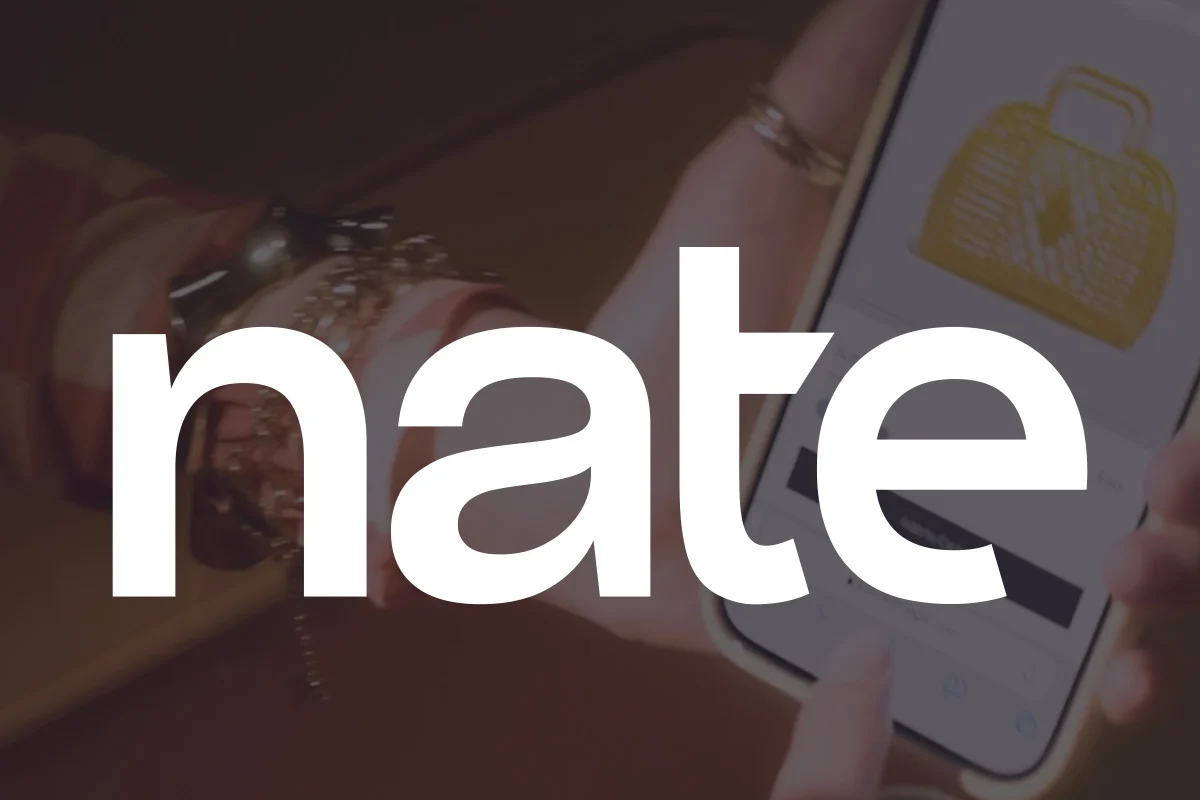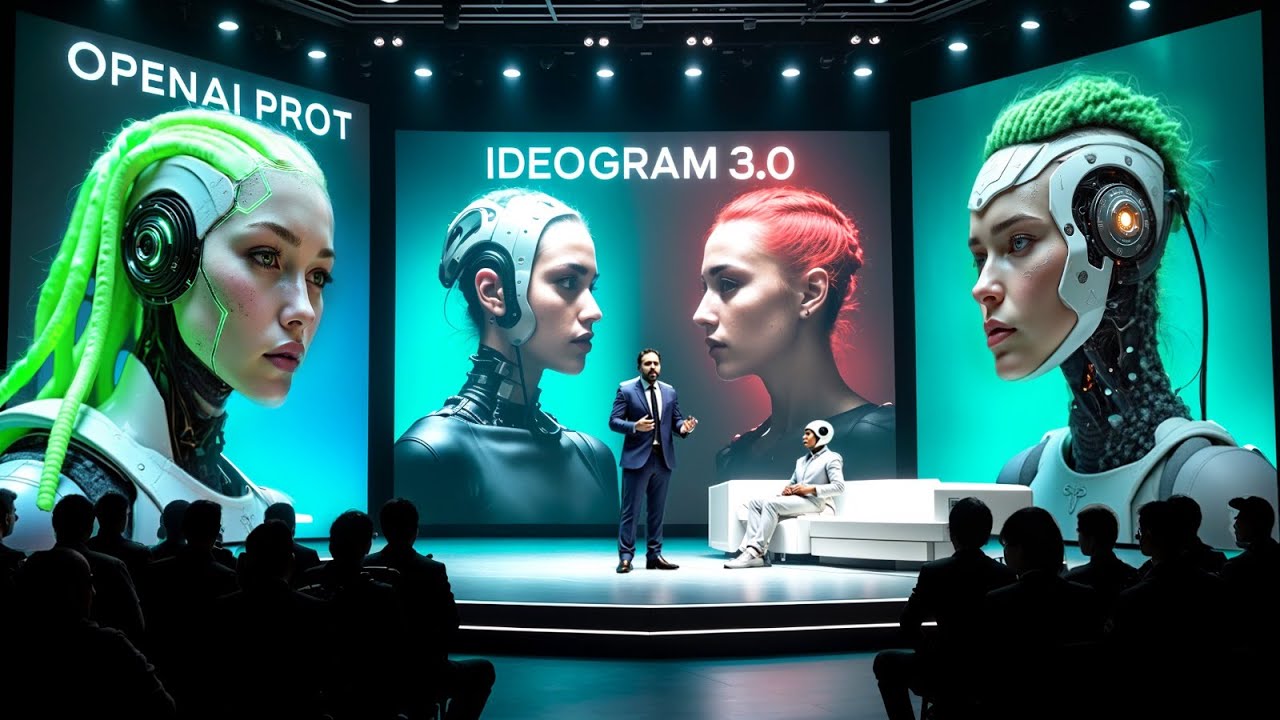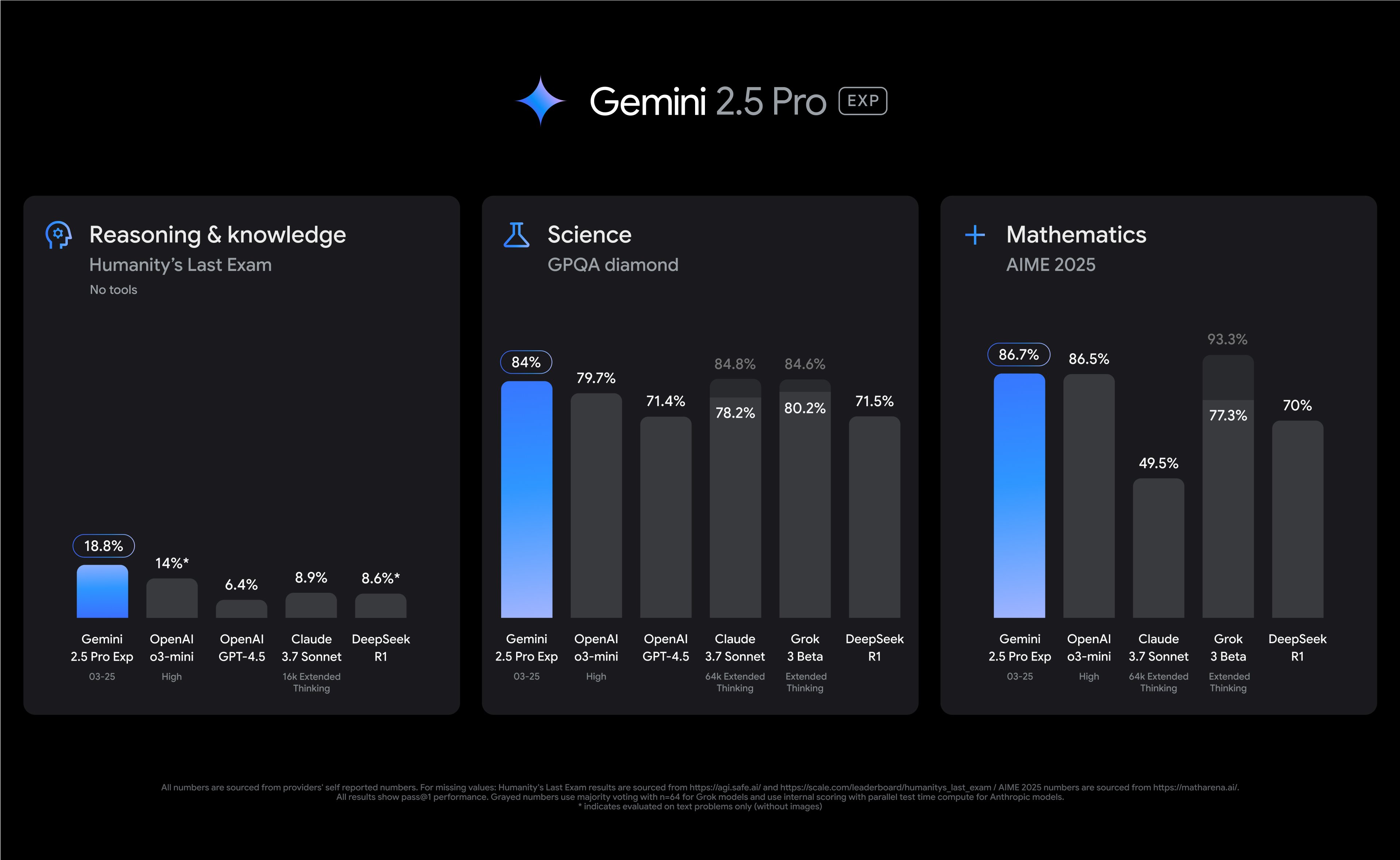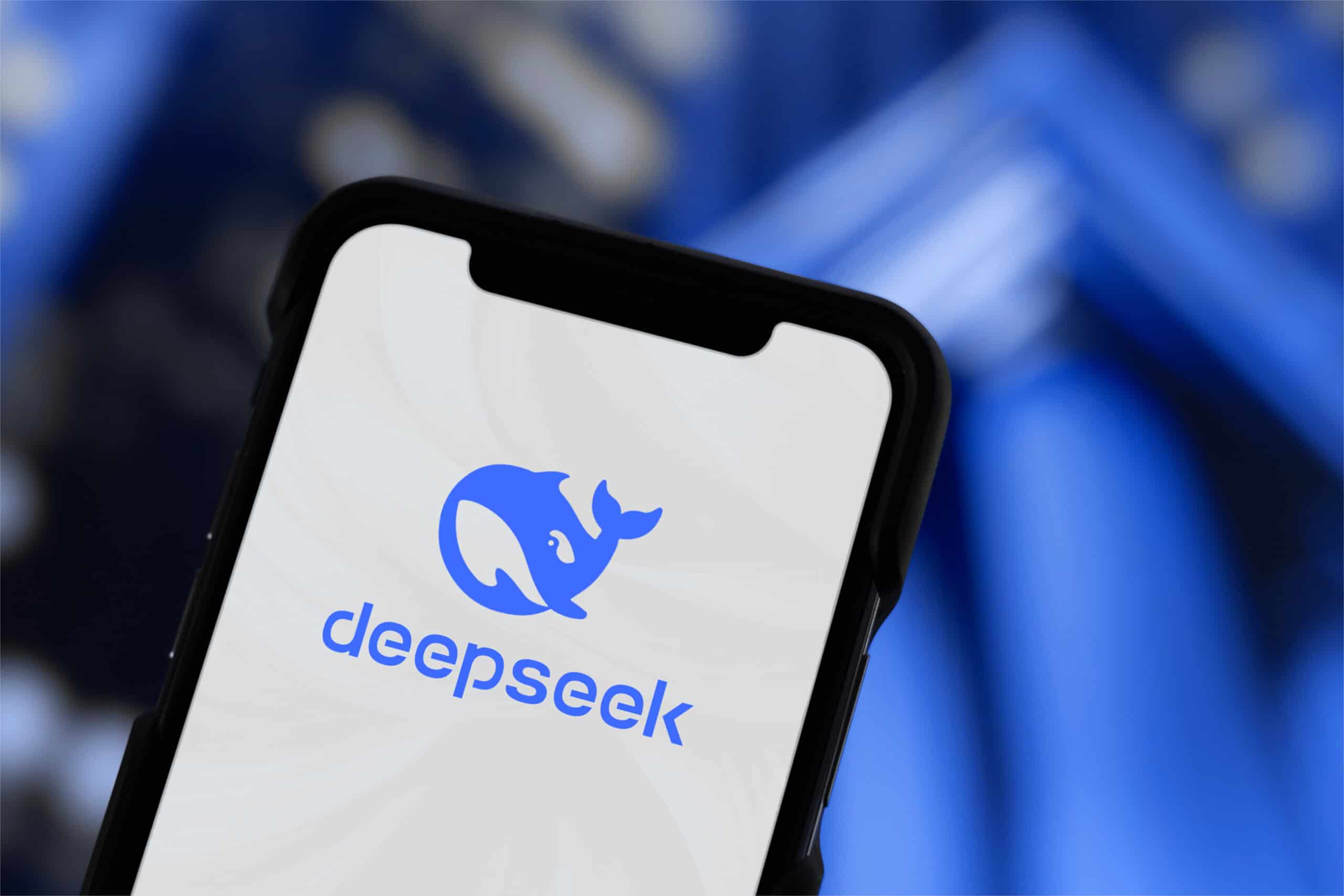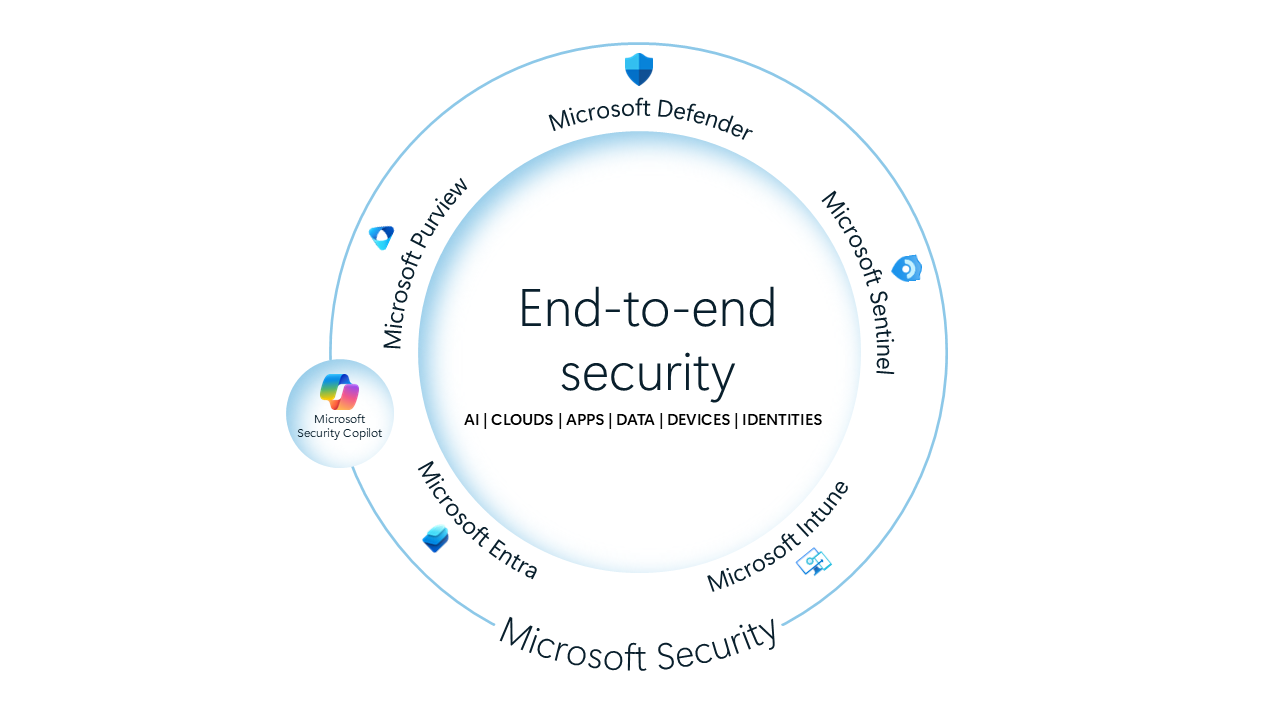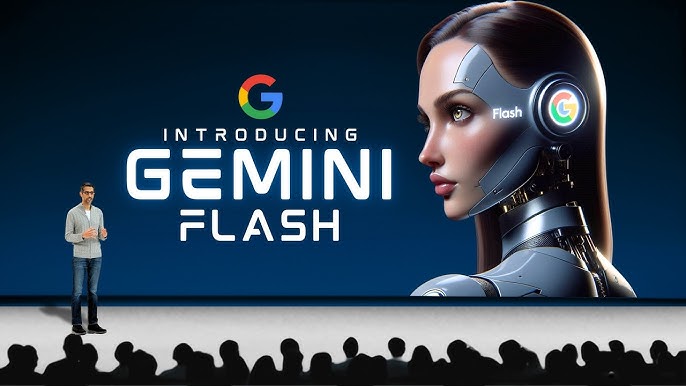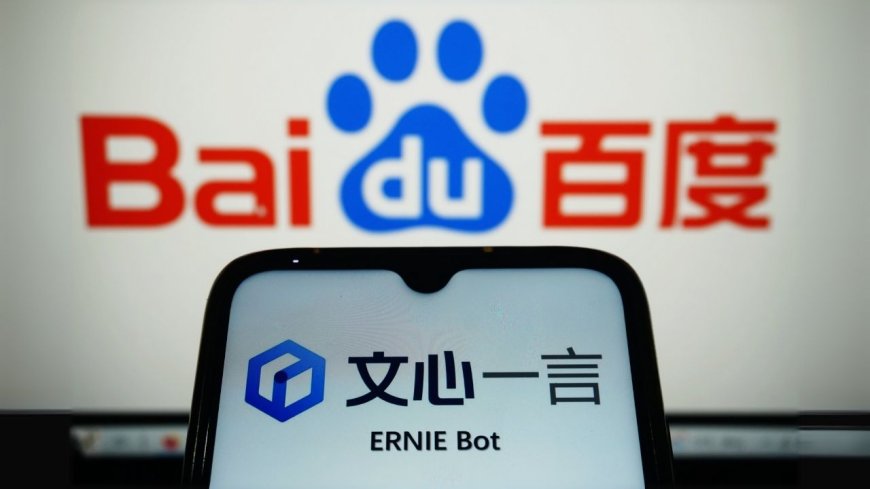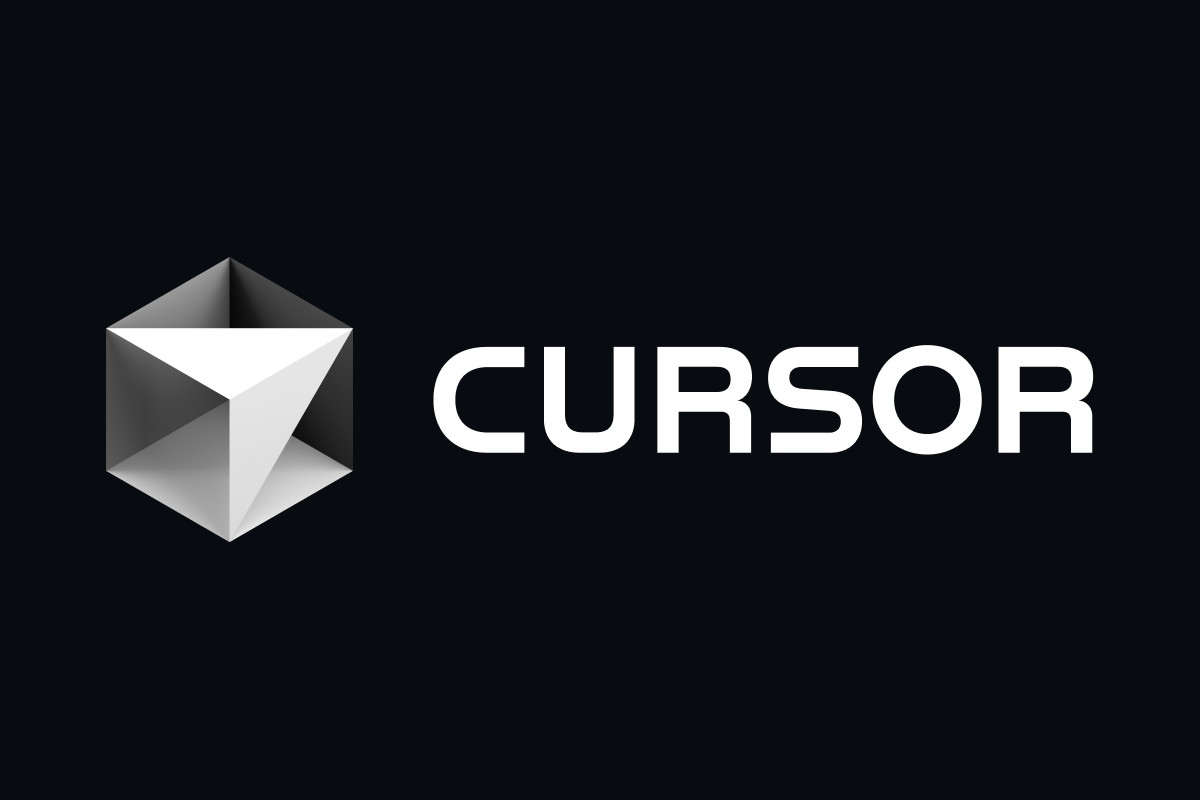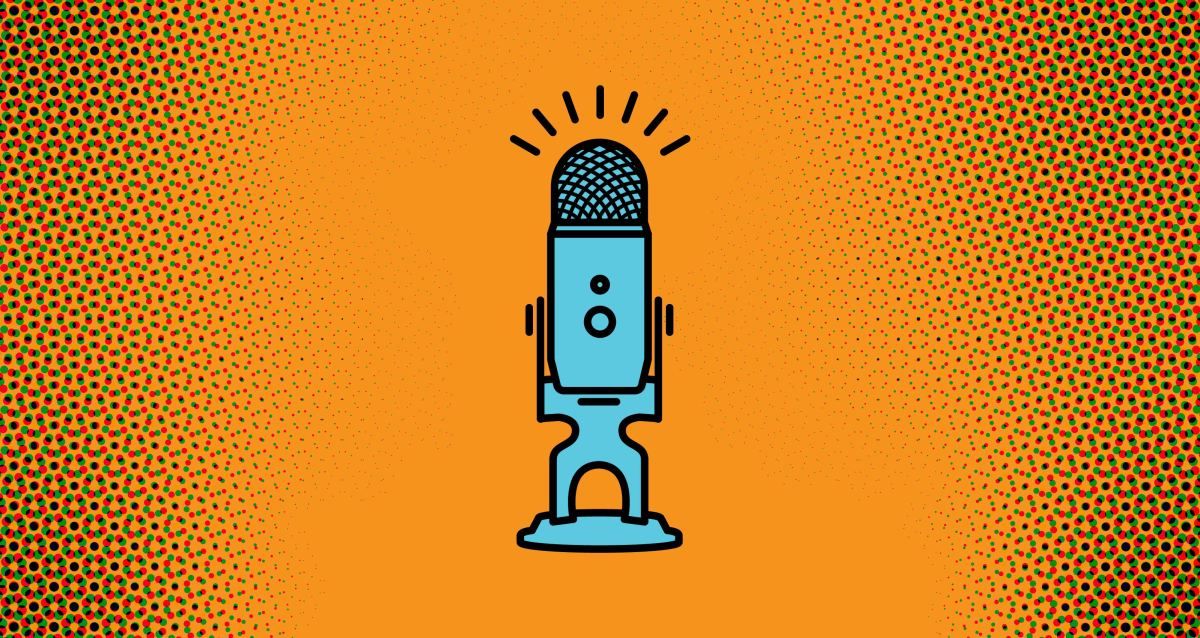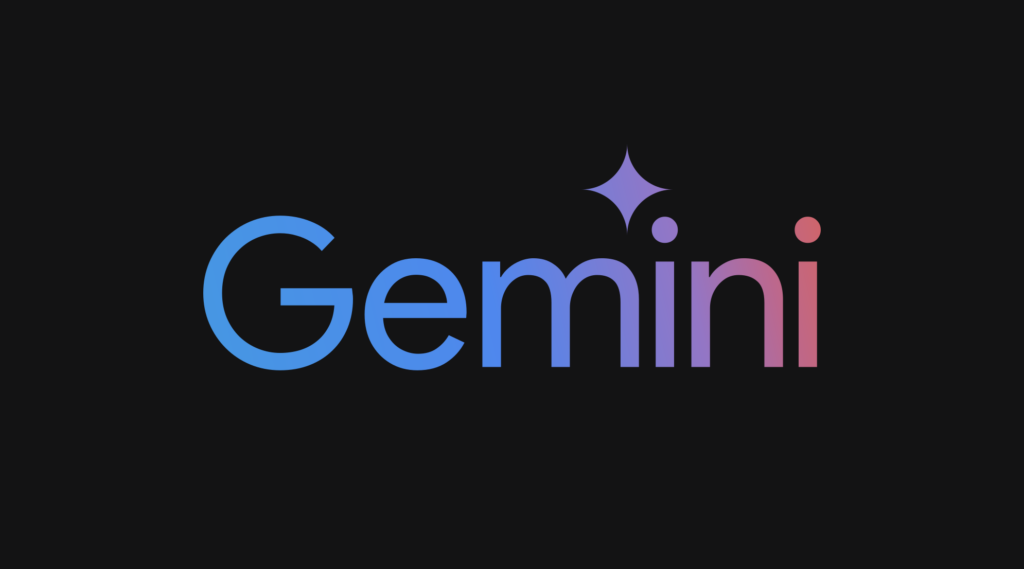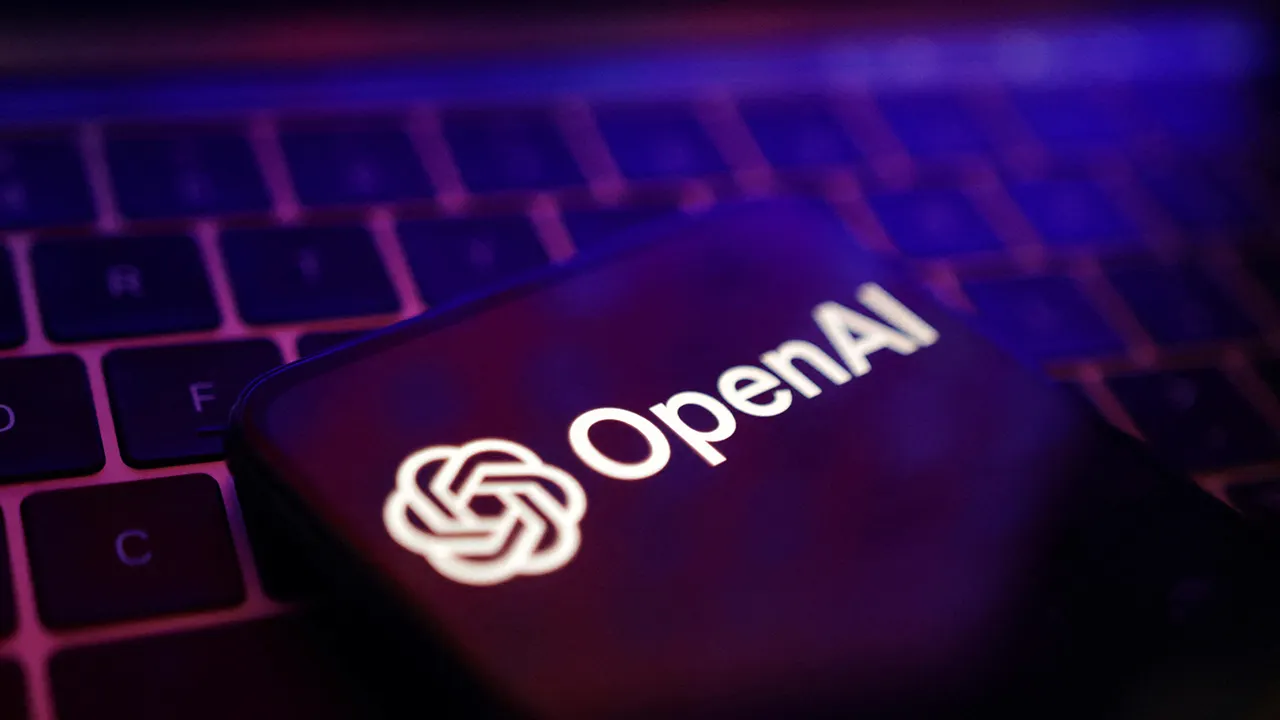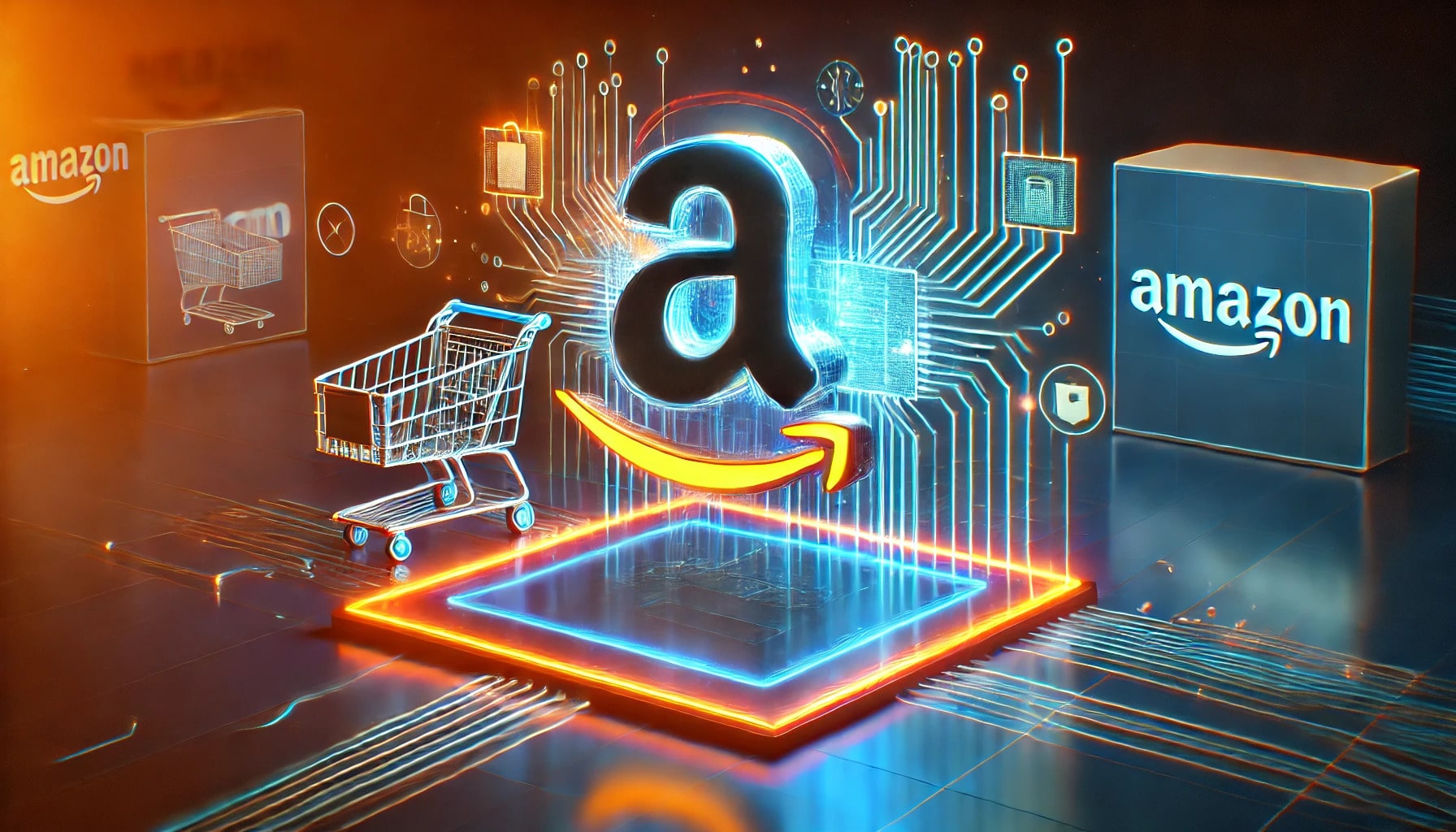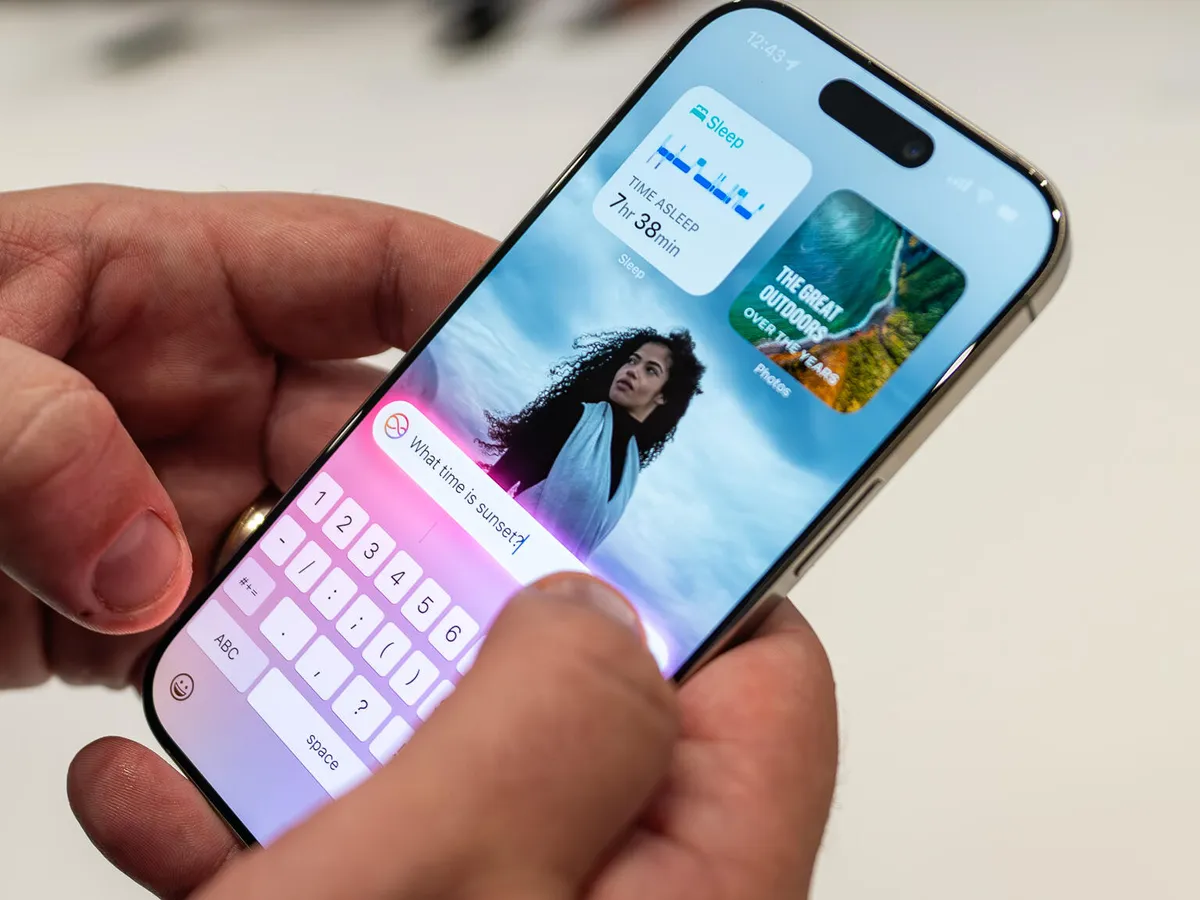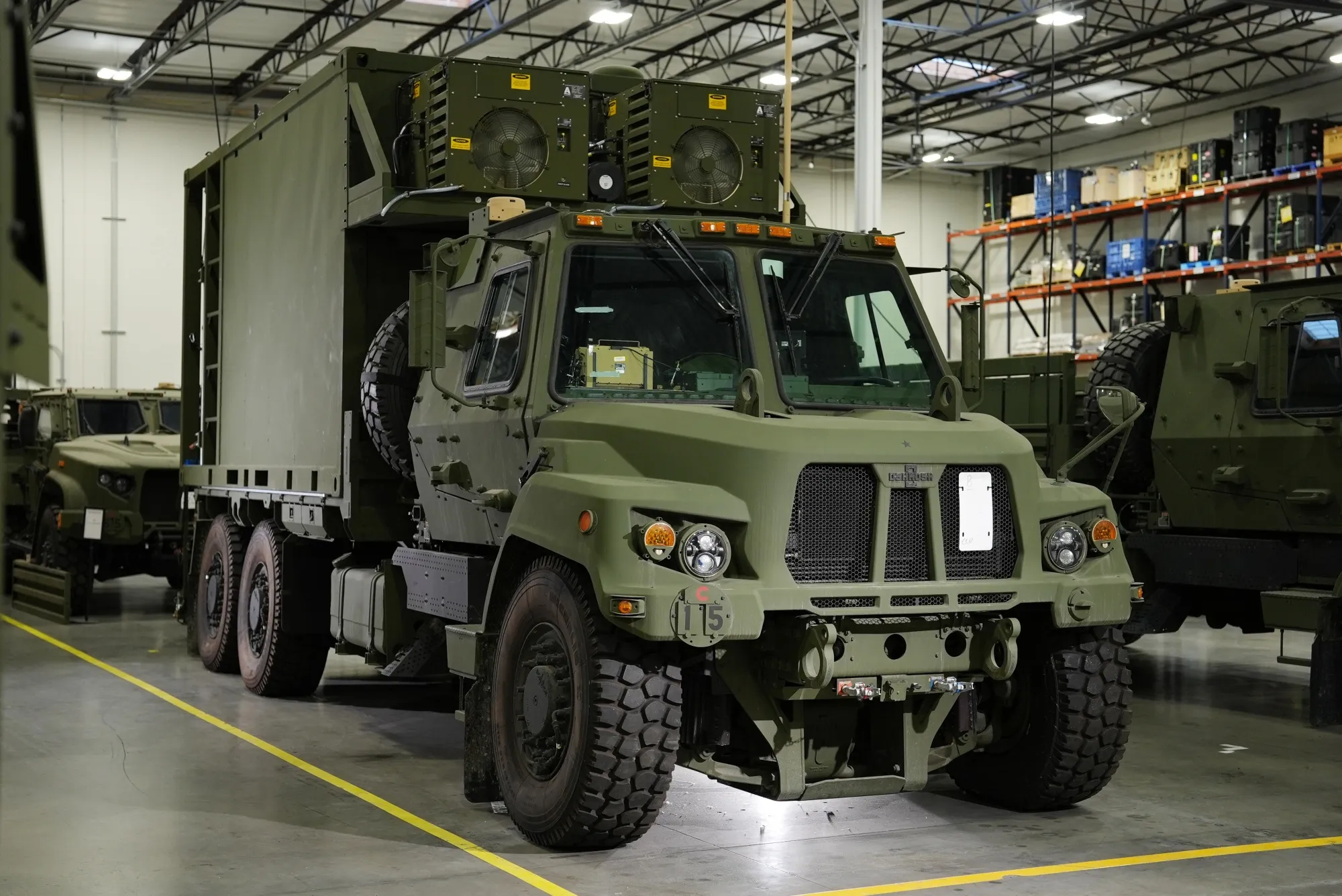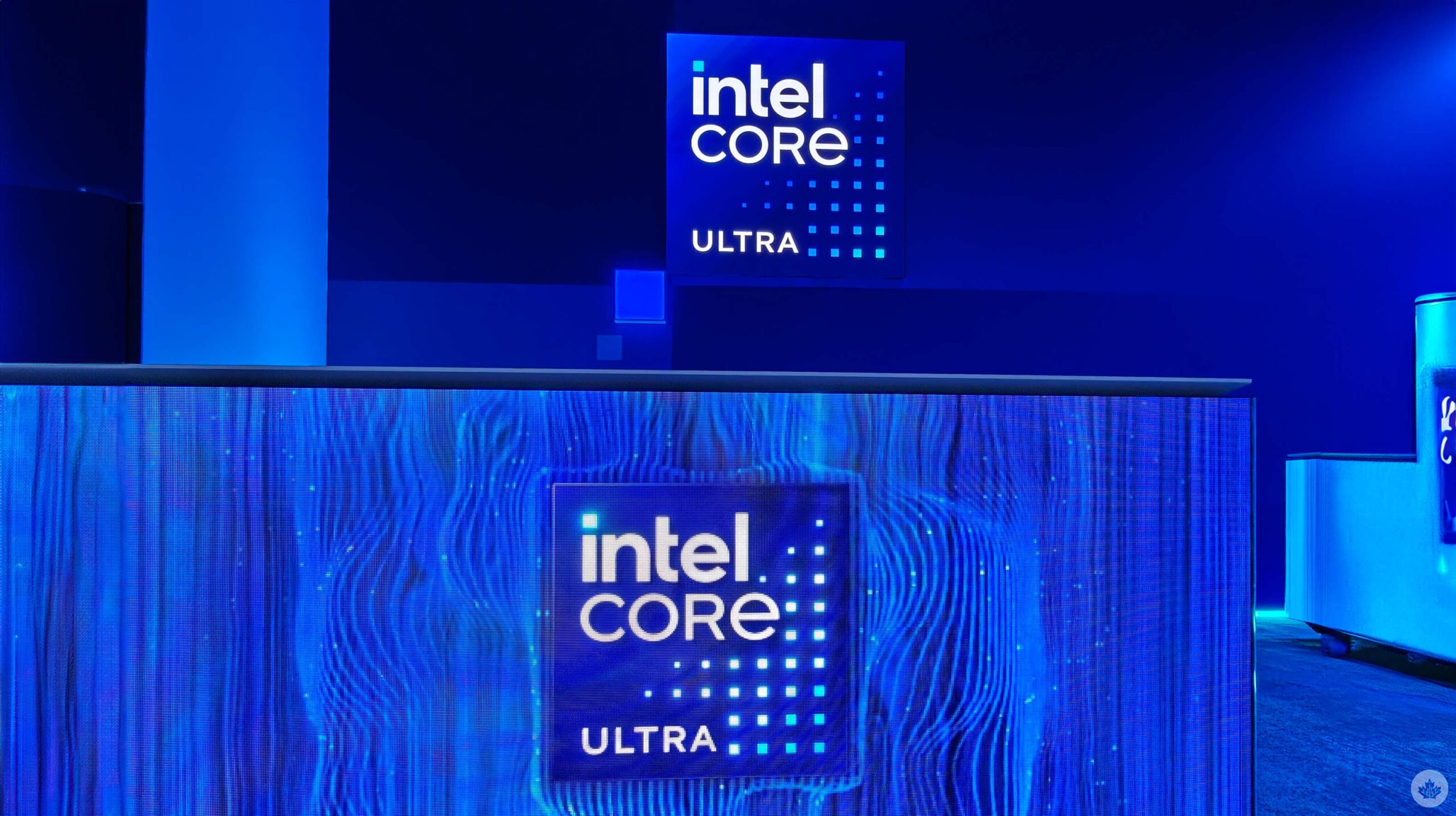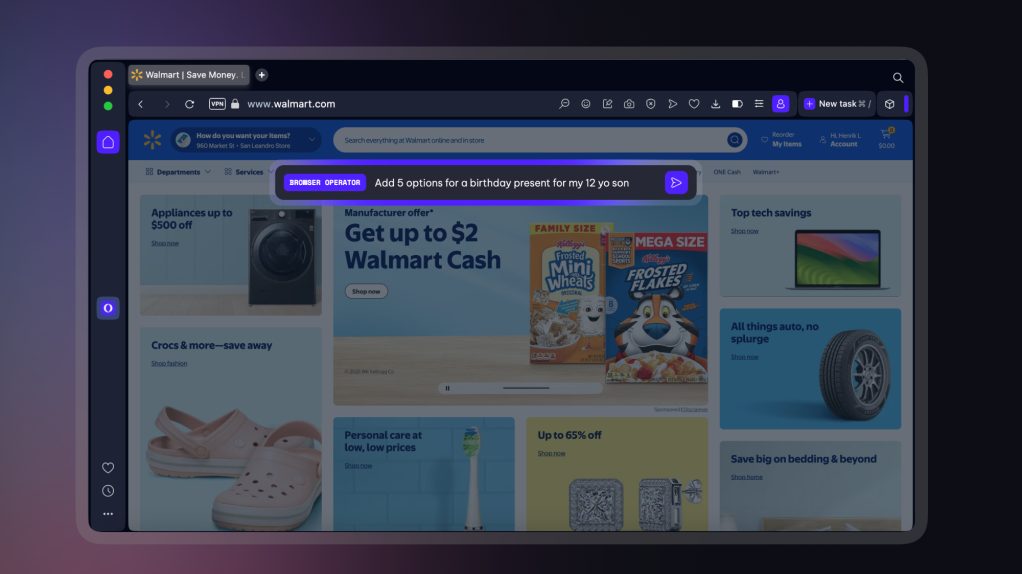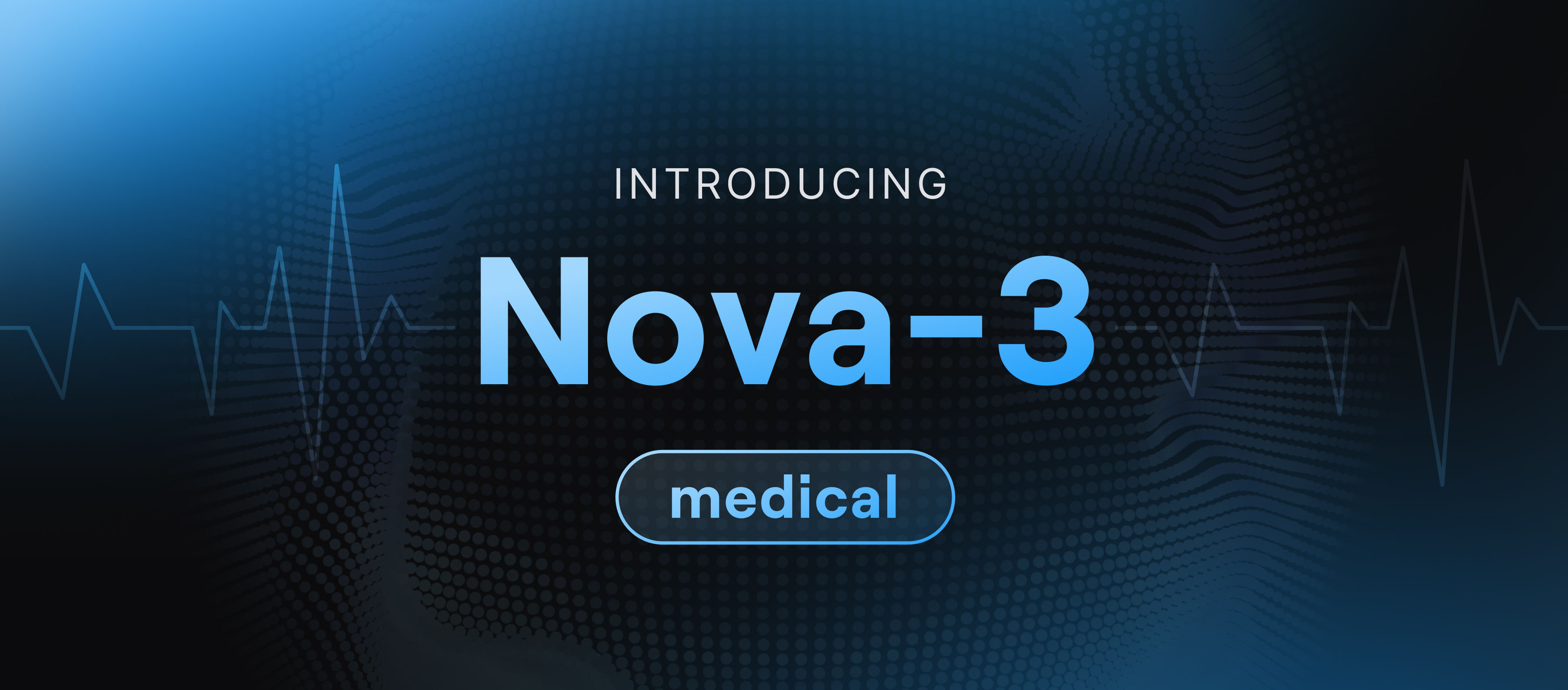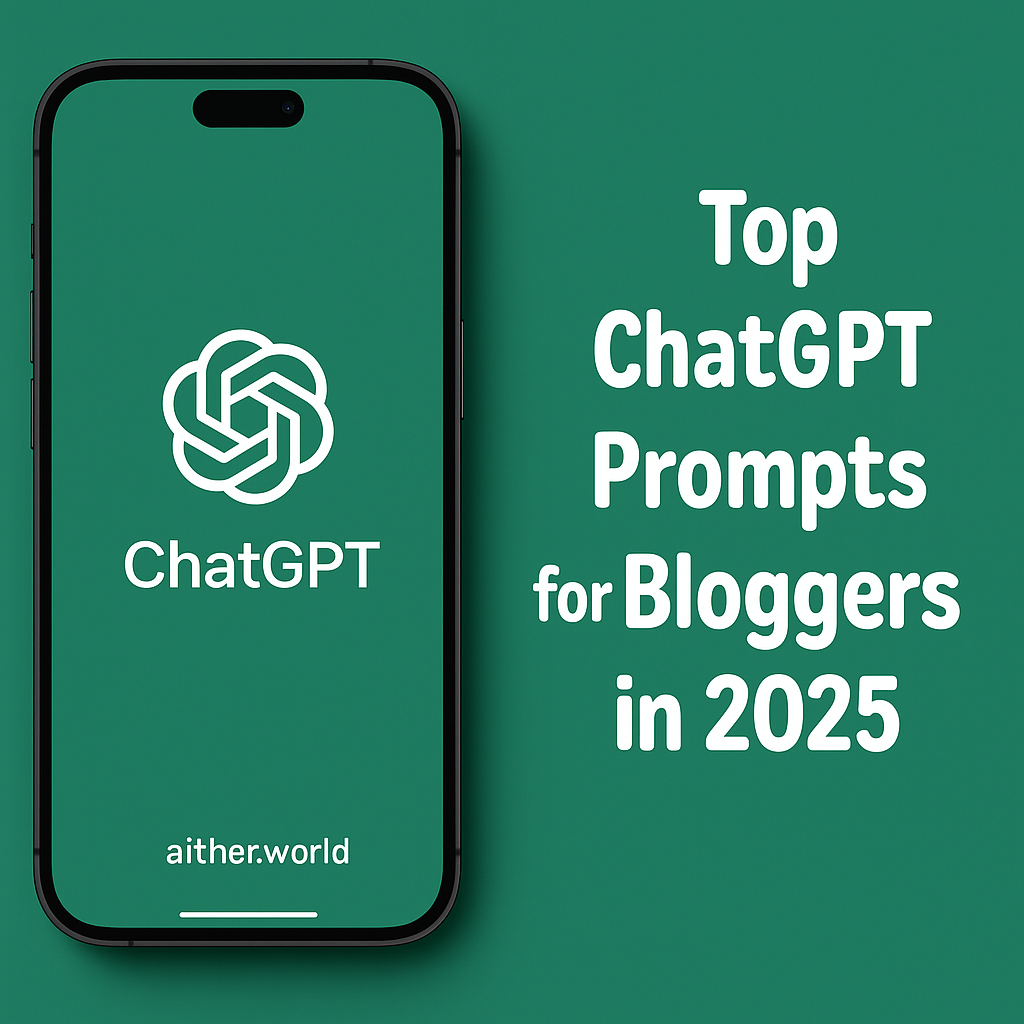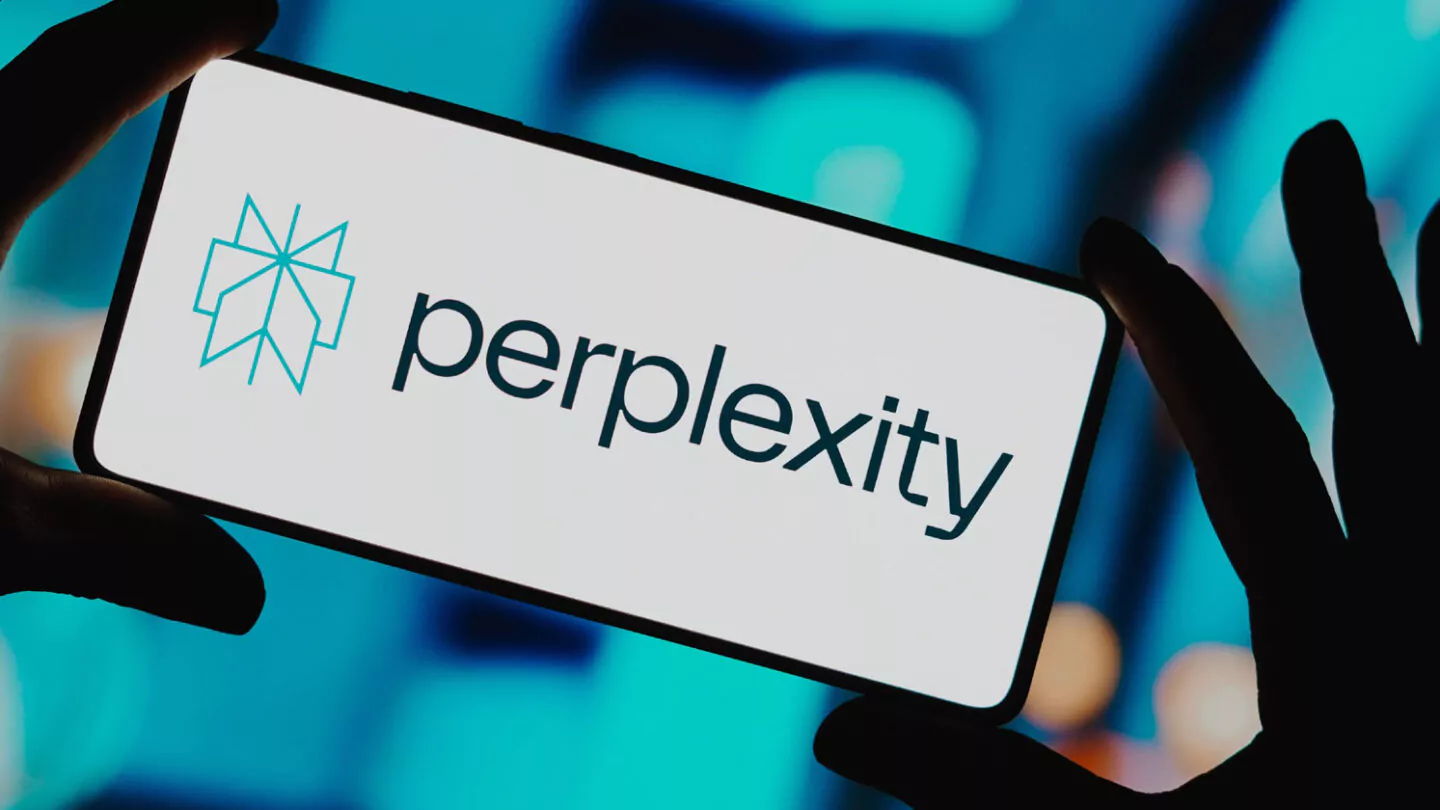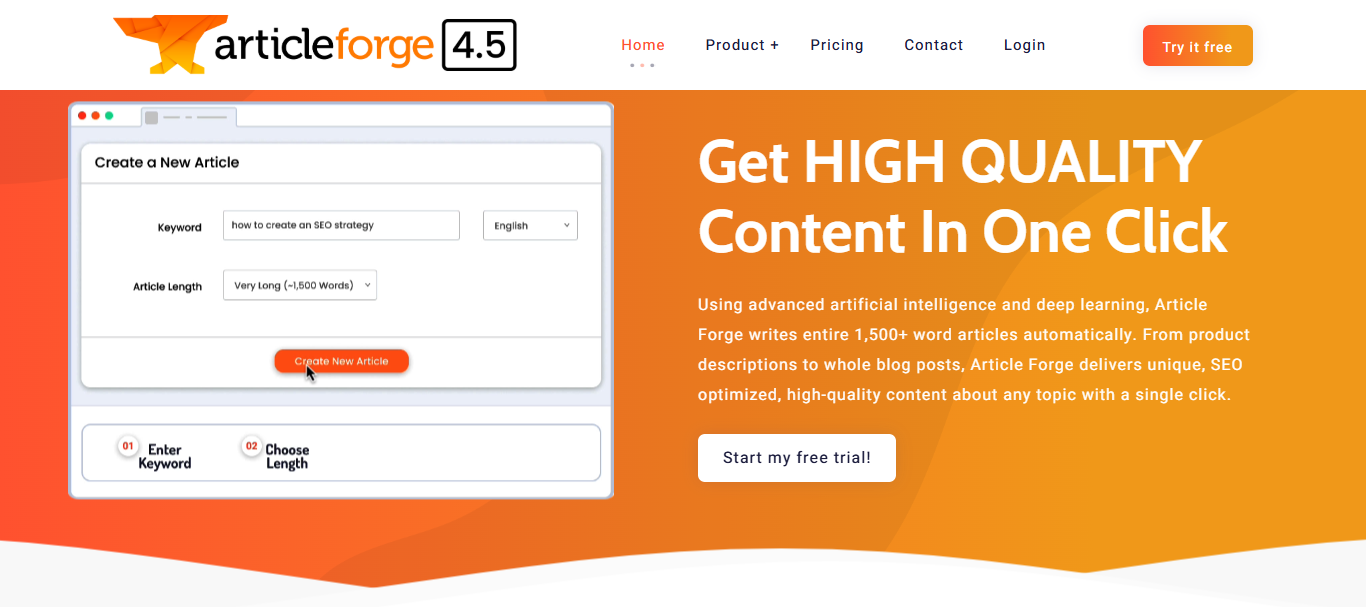Google Shifts Gears in Consumer AI as Leadership Change Heralds New Product Focus. Google is making a significant leadership change in its consumer AI division as it pivots toward innovative product development, according to internal memos reviewed by Semafor.
In a move signaling a shift in priorities, Sissie Hsiao—who spearheaded the development of Google's AI chatbot, initially known as Bard and later rebranded as Gemini—has stepped down from her position effective immediately. Hsiao, a 19-year veteran at Google, described her tenure as “chapter 1” of the Bard story in a staff memo, expressing optimism about handing the reins to her successor and taking a brief hiatus before returning in a new role.
Stepping into the leadership role is Josh Woodward, the head of Google Labs. Woodward, known for overseeing the successful launch of NotebookLM—a tool that transforms lengthy texts into engaging, podcast-like discussions—will now also direct the evolution of the Gemini app. Google DeepMind CEO Demis Hassabis, in a separate memo to staff, emphasized that the change is intended to “sharpen our focus on the next evolution of the Gemini app.” Hassabis added that while Woodward will continue to lead Google Labs, his new responsibilities will center on shaping the future of Gemini.
The leadership shuffle comes at a time when the competitive landscape in artificial intelligence is rapidly evolving. Google’s earlier experiments with its AI chatbot were met with mixed reviews, as critics pointed to issues such as "hallucinations" in the chatbot’s responses and controversies surrounding its Gemini image creation tool. Despite these setbacks, Google has quickly recalibrated its strategy, achieving notable successes with recent launches. Just last week, the release of Gemini 2.5 outperformed AI benchmarks held by competitors like OpenAI and Anthropic, and captured user favor in the Chatbot Arena—a platform where users vote on their preferred AI model responses.
Woodward’s team at Google Labs has been busy prototyping new consumer products powered by the company’s AI models. Aside from NotebookLM, they developed Project Mariner, an AI agent capable of navigating the Chrome browser autonomously by filling out forms and gathering information—although this tool has not yet been widely released.
Industry experts note that the leadership change reflects a broader trend in the AI race, where companies are increasingly focusing on the product layer around AI models. With sophisticated models now capable of much more than experimental tasks, firms are investing in user-friendly applications that leverage these capabilities. Google's early decision to build Gemini as a natively multimodal app—integrating text, images, and other media—appears to be paying off, particularly with the recent launch of Gemini Robotics which highlights the potential of multimodal models for improved reasoning.
The move also underscores Google DeepMind’s ambitions to integrate its vertically integrated, custom AI chips into next-generation products, potentially reducing inference costs and accelerating the market rollout of innovative AI-driven solutions.
While representatives for Hsiao, Woodward, and Hassabis declined to comment further, the leadership transition marks a decisive step for Google as it seeks to capitalize on its research strengths by wrapping cutting-edge technology in compelling, consumer-friendly products.


